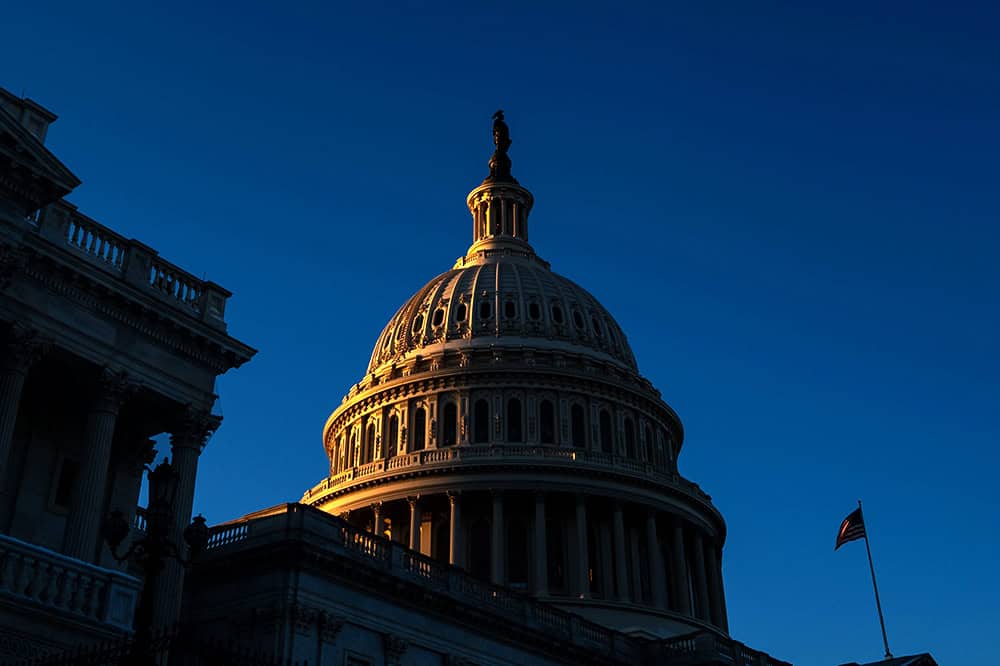Peterson Foundation Statement on CBO Long-Term Budget Outlook

NEW YORK — Michael A. Peterson, CEO of the Peter G. Peterson Foundation, commented today on the release of the Congressional Budget Office’s updated Long-Term Budget Outlook:
“As Washington navigates short-term budget battles, our long-term fiscal outlook keeps getting more and more dangerous.
“CBO’s new report shows that over the next three decades, America’s debt will grow by more than $100 trillion, as we pay out more than $75 trillion on interest alone. Our debt is projected to continue climbing, approaching twice our gross domestic product, which is uncharted territory for the world’s largest economy.
“While the long-term view is alarming, we also have near-term risks. Today, we already spend more on interest than we do on national defense. Social Security and Medicare will be depleted in just a handful of years, with automatic cuts for beneficiaries and providers if lawmakers fail to act.
“Rather than legislating from one budget crisis to the next, lawmakers should come together around a comprehensive approach. A bipartisan fiscal commission would look across the entire budget for spending and revenue reforms to create a more sustainable fiscal trajectory. Broad majorities of voters from both parties support a bipartisan fiscal commission as a responsible way to move beyond budget gridlock.
“Looking ahead to 2025, the leaders we elect this fall will face a series of critical fiscal decisions, including the debt ceiling and expiration of some of the 2017 tax cuts. As we enter the heart of campaign season, CBO’s report is proof positive that our debt challenge is serious, and fiscal solutions should be a key part of the national conversation.”
# # #
Further Reading
Lawmakers are Running Out of Time to Fix Social Security
Without reform, Social Security could be depleted as early as 2032, with automatic cuts for beneficiaries.
What Is the National Debt Costing Us?
Programs that millions of Americans depend on and care about may be feeling a squeeze from interest costs on our high and rising national debt.
Interest Costs on the National Debt Are Reaching All-Time Highs
The most recent CBO projections confirm once again that America’s fiscal outlook is on an unsustainable path — increasingly driven by higher interest costs.


